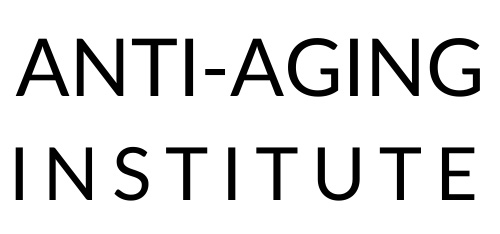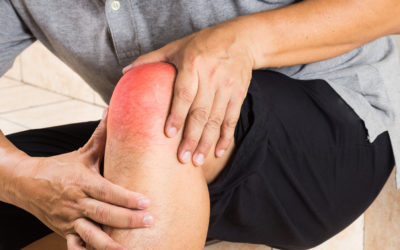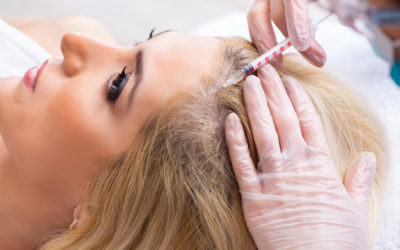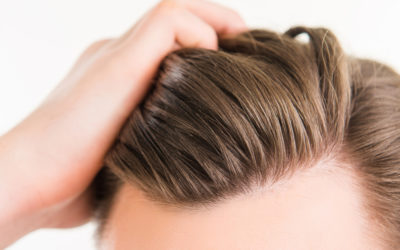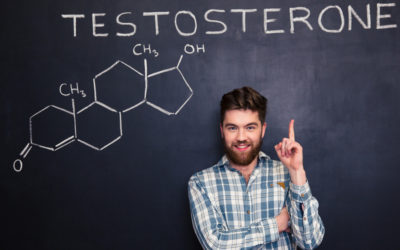Testosterone depends on a number of factors such as body composition, overall health, and lifestyle. However, perhaps the most important determinant for testosterone concentration is age. In addition, depending on how old we are, our T levels tend to rise and fall accordingly.
But how do our levels of testosterone rise and fall based on our age? Take a closer look at the relationship between aging and testosterone, and you can see why it might be worth finding ways to optimize your hormone levels as you get older.
How Does Testosterone Help You Grow?
As a growth hormone, testosterone levels naturally rise and fall according to the ages at which we experience the most bone, muscle, and hair growth. But what does testosterone do to facilitate growth? Testosterone is an androgen, which promotes protein synthesis by binding to androgen receptors, sending them instructions to generate tissue.
Testosterone in Childhood
According to Harvard Medical School, the largest spike of testosterone levels in a man’s life occurs during puberty when a surge in gonadotropin-releasing hormone (GnRH) and luteinizing hormone (LH) results in a large spike in testosterone production.
This is when the androgen does most of its major work, stimulating bone and muscle growth, producing red blood cells, and facilitating the beginning of the sexual function and reproductive capability.
Testosterone in Your Twenties
For most men, testosterone levels in their twenties tend to stay at the same levels as they did during puberty. In fact, it allows men to maintain strong body composition and high sexual function at comparable rates.
However, some men in their twenties may experience an early onset of andropause, in which testosterone levels severely diminish to far lower rates than most other men. This is characterized by symptoms including reduced sexual function, higher fat mass, lower muscle mass, gynecomastia, and more.
Testosterone in Your Thirties
For those men who maintain healthy testosterone levels through their twenties, their thirties is when they usually start to experience some slight drop-offs in testosterone production. While many men will keep roughly the same testosterone levels in their thirties as they had during their twenties. However, for some T levels will gradually drop off at a rate of about 1% per year, on average.
Testosterone in Your Forties and Beyond
Some men will naturally produce the same levels of testosterone even as they get older. However, most men start to experience at least a gradual dropoff of testosterone by age 40. Even then, this drop is typically the same 1% per year on average, which is barely perceptible to many men in their forties.
However, by the time men reach their fifties, sixties, and older, those gradual decreases in testosterone production can add up. Following this 1% per year metric, men who reach age 70 often have testosterone levels of 30%. This is below when they were at peak production.
Granted, most men still maintain at least 75% of their testosterone levels into old age, with many men having the ability to father children as late as their eighties.
Testosterone Replacement Therapy in Lexington, KY
If you are seeking testosterone replacement therapy in Lexington, KY, Anti-Aging Institute can help. Testosterone replacement therapy results in amazing potential benefits if used properly. If you’re wondering if these injections might be right for you, contact us at (859) 274-0252 to schedule an appointment.
